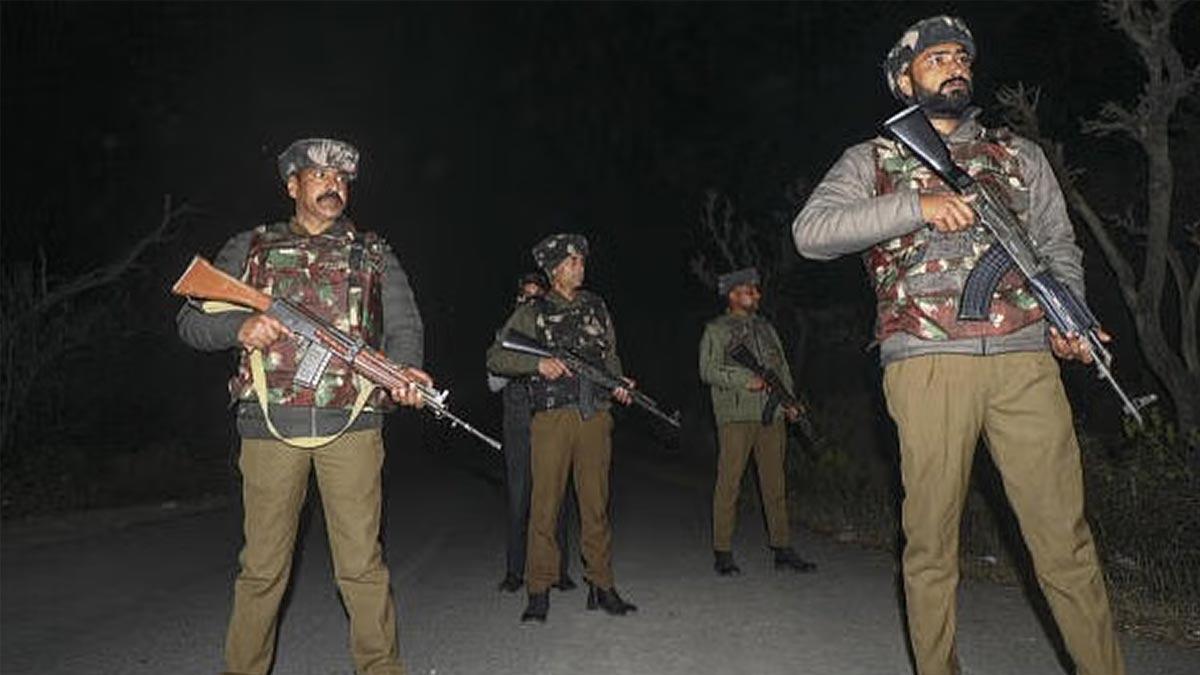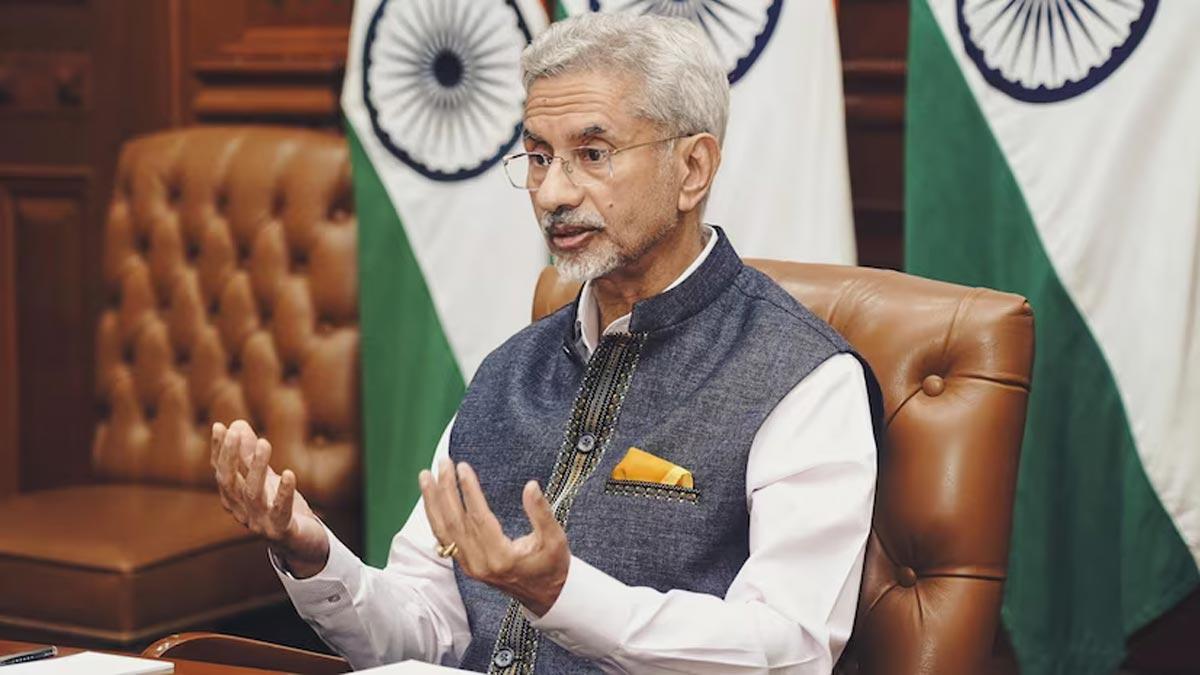The Indian Army on Monday announced that the night throughout Jammu and Kashmir, as well as along the International Border areas, was peaceful and disturbance-free.
In an official statement, "no incident has been reported, the first peaceful night in recent days," indicating a welcome respite from the recent trend of unrest.
This lull comes after a series of unprovoked Pakistani aggression, such as cross-border firing and heavy shelling along the Line of Control (LoC) and the International Border in Jammu and Kashmir. There were no reports of drone activity, missile firings, or fighter aircraft movements unlike on previous nights.
For residents of the Jammu region, particularly those staying in conflict zones such as Poonch and Rajouri — it was a night without danger or violence after several days.
Even in Jammu city, which was witnessing increased tension, there was no report of firing, shelling, or aerial attacks for the night, indicating a restoration of normality.
In the Kashmir Valley as well, the underlying tension induced by humming drones and the sounds of planes had seemingly lost intensity. At the dawn of day, people in Srinagar returned to their daily lives, and markets were open as usual.
The Army reaffirmed the calm conditions, quoting: "The night was mostly peaceful in Jammu and Kashmir and other regions along the International Border. No incident has been reported, the first quiet night in days."
This lull in violence followed Pakistan's request for a truce after India launched heavy counter-attacks on its territory. Indian troops attacked and reportedly leveled 11 Pakistani airbases, a decisive action.
These events are a result of India's May 7 aerial strike that targeted nine terror launchpads within Pakistan. The action was in retaliation for the April 22 terror attack in Pahalgam, which killed more than 100 militants and destroyed various facilities. Pakistan, rattled by the attacks, responded with drone intrusions and aggressive shelling along the LoC and the International Border, targeting specifically Jammu.
Pakistan also made attempts at drone operations along India's western border, which led the Indian military to escalate its offensive, inflicting heavy damage on Pakistan's military infrastructure.
After these increases, both countries signed a ceasefire agreement on Saturday. The agreement, which seeks to end all hostilities on land, in the air, and at sea, was announced by Foreign Secretary Vikram Misri. According to him, the Directors General of Military Operations (DGMOs) from both sides pledged to put into effect the ceasefire at 5 p.m. Saturday.
Ever since the agreement became operative, LoC and International Border have been marked by easing of tensions. Still, Pakistan has been charged with trying to cross the lines and violating the peace and issuing a strong threat: any such ceasefire violation would amount to an act of war and would invite stiff retaliation.
Read also| Omar Abdullah Reports Explosions in Srinagar Following India-Pakistan Ceasefire


















